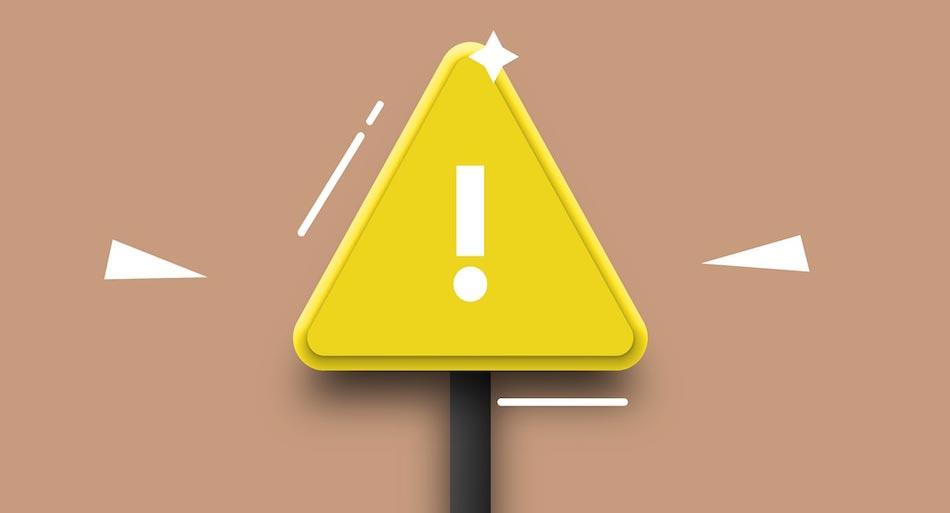In recent times post Covid, there has been a surge in fake ticket scams where fraudsters are using social media to trick gullible people who fall for their crafty ways. They advertise on various channels across social media using fake images of tickets for sold-out events. People are clambering to buy tickets for popular live events (entertainment or sports) after being forced to spend two years indoors during the Pandemic. They are desperate to have their seats reserved for these events. Such people become easy targets for scammers who hoodwink them into buying tickets at unbelievable prices only to realize later that their money had been siphoned off.
In this post, we expose the fraudulent mechanisms that these charlatans use to deceive innocent people, how you can stay alert and protected, and the top three ways of reporting such scams.
How Do Fake Ticket Scams Operate?

Scammers use online marketplaces or classified ad websites by posting ads for tickets to sought-after events (local and international) at below-market prices. They will typically ask the buyer to pay upfront and once the bank transfer is done, the scammer disappears without delivering the tickets or providing a refund.
Scammers also often resort to another technique called the ‘bait and switch’ tactic. Here, when the buyer contacts the seller for tickets, the latter informs that all tickets are sold unless they agree to a more expensive alternative. Now desperate to secure tickets to the event, the buyer complies with the seller’s terms of payment, only to realize later that the tickets are counterfeit.
The trick is to publish pictures of fake or invalid tickets that look very similar to the real ones in logo and design, and then sell them to unsuspecting buyers online. To make them appear more authentic, the fraudsters print fake tickets on a high-quality paper or introduce holograms and other security features to stump their audience.
Once the fraudsters succeed in catching their baits in their net, they will proceed to demand payment by bank transfers. These payments often offer no consumer protection and are equivalent to handing over your cash to a stranger based on blind trust.
In some cases, they will tell you that a customer representative will meet you at the venue of the event, but no one shows up. In some instances, you receive a ticket only to be told by the organizers (of the event) that they are fake. When you try to reach out at the number provided, the line stays out of reach or never connects.
When your money is gone, so does the scammer. They will disappear from the scene in a flash leaving behind an anonymous and untraceable online identity, leaving you fuming and penniless.
Hence, the only way to stay safe from such scams is to buy tickets from verifiable sources or directly from the clubs or their official ticket partners and legitimate websites. Do not fall for anything that seems and sounds too good to be true.
How to Stay Safe From Such Online Frauds?

Always check directly with the event organizers to know how the tickets will be distributed and when. Never believe anyone online at random. It is easy for scammers to create a fake website duplicating the original one, but there still would be missing dots that you need to stay sharp about.
Be careful about online ticketing and know what you are buying; read the terms and conditions carefully before making any purchases. Before the transaction, check if the payment pages are secure by looking for a padlock symbol in the address bar, and making sure that the website address begins with ‘https’.
It is wise to purchase with a debit or credit card because you can benefit from Section 75. Section 75 protection means that your card provider could be responsible for compensating you for purchasing goods and services that weren’t as intended/advertised.
Please remember that there is an increase in these unfortunate incidents around the time of festivals or events when there is an increase in demand for tickets, likely to exceed the supply.
3 Ways to Report Fake Ticket Scams

There are several ways to report fake ticket scams, but we give you the top three options here.
Contact the Event Organizer
If you have been a victim of a fake ticket scam, please report the incident immediately to the event organizer/s to alert them about such fraudulent activities doing the rounds in their name. They may be able to assist you in obtaining legitimate tickets besides forwarding the complaint to law enforcement agencies. You can access their contact information from their official website or through their social media channels. Popular ticketing marketplaces include Ticketmaster, StubHub and Eventbrite.
Report the Scam to Law Enforcement
You must carefully retain any documents that the scammer shared with you, like emails, text messages, screenshots, receipts, etc. These will prove useful as evidence when you register a formal complaint with your local law enforcement agency about the scam. Provide additional details for investigation purposes like the name and organization they used to initiate contact with you, the date and time of the incident, transaction amount, mode of payment, etc. Law enforcement agencies have the required resources and expertise to pursue and initiate action against such perpetrators and book them under necessary by-laws. They can also help you recover your money.
Report the Scam to Consumer Protection Agencies
By reporting scams to consumer protection agencies you help others in society from falling prey to similar scams in the future. The agencies play their part by investigating the scams, warning the public through educational and informative resources, and taking legal action against the scammers (if necessary). The Federal Trade Commission (FTC) and the Better Business Bureau (BBB) are some such agencies that can help you file a complaint besides offering advice on ways to recover your money. Please visit the FTC’s or the BBB’s official websites to know how to file a complaint.

